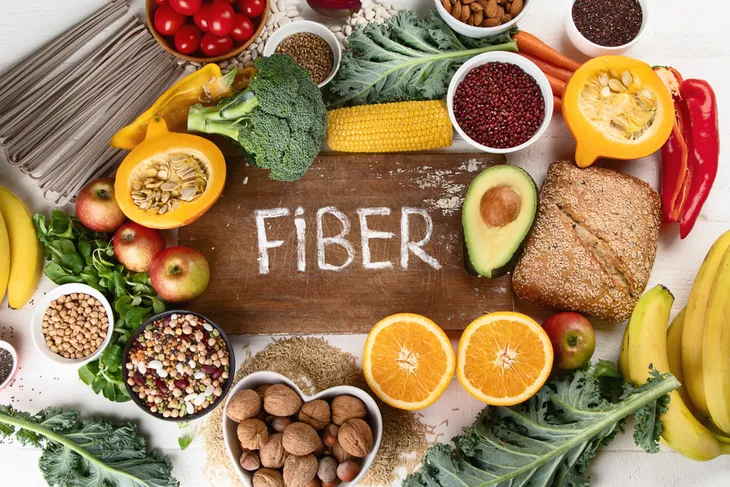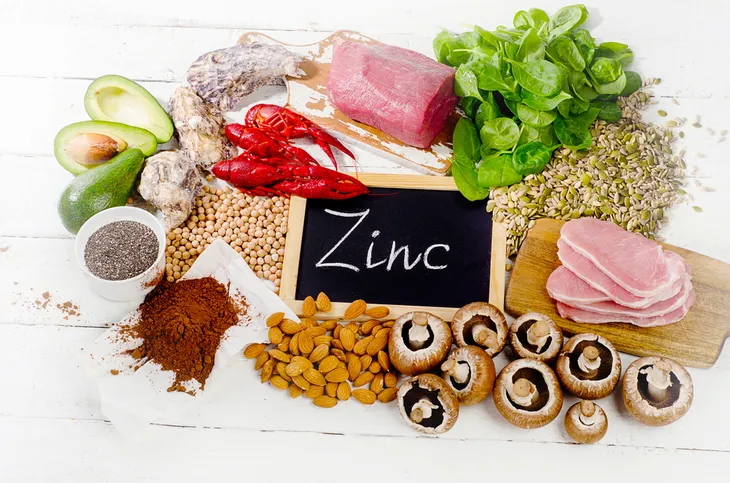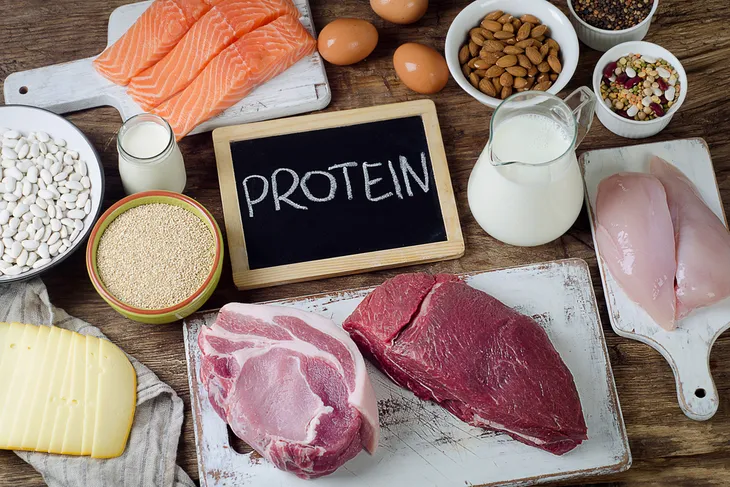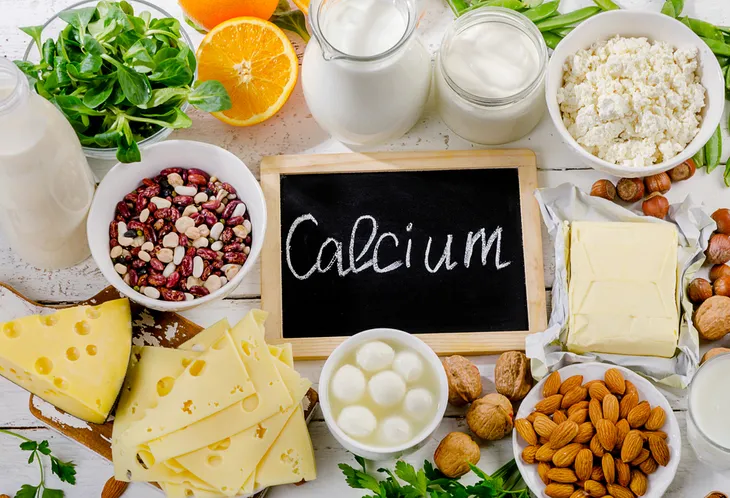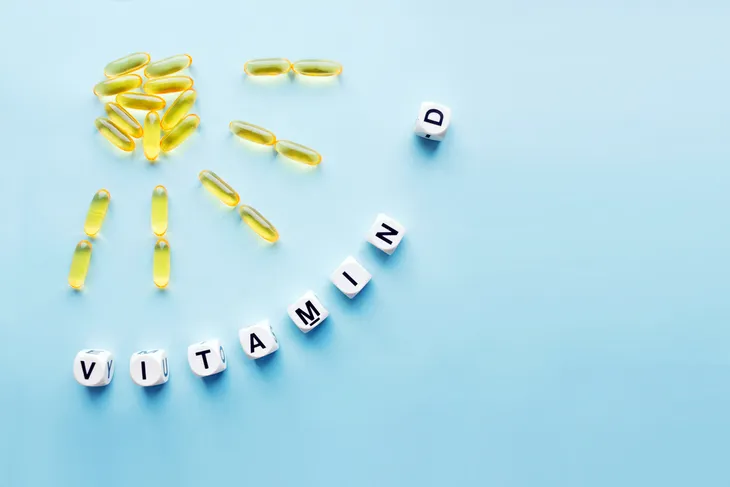When you think of losing weight, you probably automatically think of ways to eat less. However, eating less is not necessarily the answer–it’s what you eat that really counts.
If you’re thinking of going on a diet, instead of just subtracting meals, consider replacing what you’re taking in with nutrient-rich foods that can boost your metabolism and help you lose weight naturally. Here are 5 nutrients that can help you shed pounds without starving yourself…
Dietary Fiber
You’ve heard this term quite often, but what exactly is it? It is a naturally occurring substance that is found in fruits and vegetables, and it helps promote regular bowel movements by helping food move through your digestive system.
The Mayo Clinic notes that a high-fiber diet also helps regulate your blood sugar levels, which can be especially helpful if you’re diabetic. Fiber can help slow down how quickly sugar is absorbed. This dietary practice can help you avoid developing (Type 2) diabetes in the first place, adds the clinic.
Zinc
This is an essential nutrient when it comes to maintaining a healthy immune system, but Livestrong also notes this naturally occurring element can help you lower the reading at the scale.
The online source cites a 2013 study that showed obese individuals often have low levels of zinc in their systems. Another study the same year showed that by adding 30-micrograms of zinc gluconate per day (through a supplement) showed a reduction in weight among other benefits. Talk to your doctor and dietitian before supplementing with zinc as excessive zinc could be toxic.
Proteins
These are part of the “building blocks of life”, and are of course absolutely essential in keeping proper health. There are at least two ways that more lean protein in your diet (avoid fried foods with protein) can help your mind and body in losing weight.
Women’s Health magazine claims that although protein-rich foods may be higher in calories (for those who are counting), an emphasis on protein in meals can help prevent obesity because they take work for your body to metabolize (thus burning calories). Also, protein may help curb your urges to eat constantly, and help you feel fuller after a meal, according to other sources.
Calcium
According to WebMD, sources of calcium (dairy products) can help boost your metabolism naturally, which will kick-start your fat-burning furnace.
The online health source notes that while the average weight gain for mid-aged women is up to half a pound per year, those who have the highest dairy intake have an average weight gain of zero pounds. However, this is not an invitation to load up on cheese– lowered overall calories are still important, adds the source.
Vitamin D
A vitamin that many Americans don’t get enough of, Vitamin D has been purported to slash weight, according to multiple sources. The vitamin is often low in people who are overweight, according to Shape magazine.
Vitamin D is produced by contact with sunlight (and can be taken as a supplement). Shape explains a theory that the hypothalamus–”the very small part of your brain that regulates hormonal functions” –can detect low Vitamin D levels and respond by increasing your hunger and your body’s “weight set point”.

